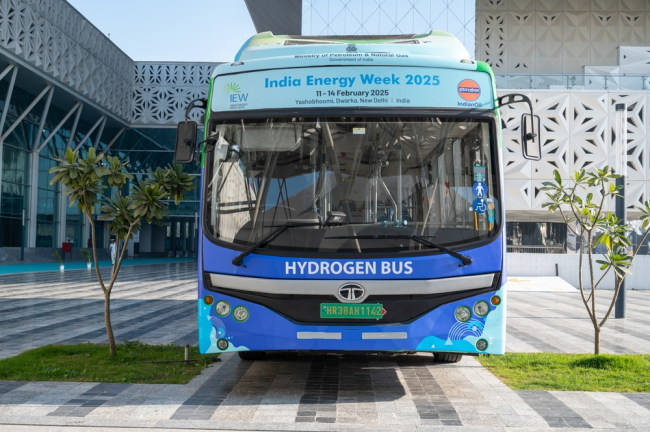The Effects of Baghdad Politics on Kurdistani Gas Prospects

This paper examines the effects of internal Iraqi politics on the potential for exporting Kurdistani natural gas. It examines Baghdad’s policy with regards to both oil and gas, and predicts what effects it will have on Kurdistan’s gas prospects.
This paper will examine the impact of internal Iraqi politics on Kurdistan’s gas market. It will look first at the legal aspects of gas, particularly in the Constitution, and find that gas in Kurdistan and throughout Iraq is theoretically nationalised and inaccessible to outsiders. This is partially corroborated by the current Kurdistan oil situation (which is given identical treatment to gas in the Constitution), where the Baghdad government is refusing to recognise bilateral deals between the KRG (Kurdistan Regional Government) and investors, and is blocking exports. However, as will be shown, there are divisions within the government, and its policy is by no means set in stone. Moreover, the government is currently pursuing a more lenient national policy for gas than for oil, which should be considered cause for tentative optimism among investors in Kurdistani gas.

Available in:
Regions and themes
Share
Download the full analysis
This page contains only a summary of our work. If you would like to have access to all the information from our research on the subject, you can download the full version in PDF format.
The Effects of Baghdad Politics on Kurdistani Gas Prospects
Related centers and programs
Discover our other research centers and programsFind out more
Discover all our analysesIndia’s Green Hydrogen Strategy in Action: Policy Actions, Market Insights, and Global Opportunities
India is poised to remain the world’s fastest-growing major economy, and this rapid growth is driving a sharp rise in energy demand. As the most populous country on the planet, India urgently needs to decarbonize its energy systems.
Water in Mexico: an Emergency that Will Wait
Access to water is already and will become increasingly problematic for Mexican economic actors due to the progressive scarcity of the resource resulting from climate change, a geographical distribution that does not coincide with that of the population or economic activity, and management that has so far been far too lax.
AI, Data Centers and Energy Demand: Reassessing and Exploring the Trends
The information and communication technologies sector today accounts for 9% of global electricity consumption, data centers for 1-1.3%, and artificial intelligence (AI) for less than 0.2%. The growing energy demands of cloud services first, and now AI workloads (10% of today’s data centers electricity demand), have exacerbated this trend. In the future, hyperscale data centers will gain shares amongst all kinds of data centers and AI will probably account for around 20% of data centers electricity demand by 2030.
Unlocking India’s Energy Transition: Addressing Grid Flexibility Challenges and Solutions
India is rapidly scaling up its renewable energy (RE) capacity, adding 15–20 GW annually, but the ambitious goal of 500 GW of non-fossil capacity by 2030 is at risk unless the pace accelerates.








